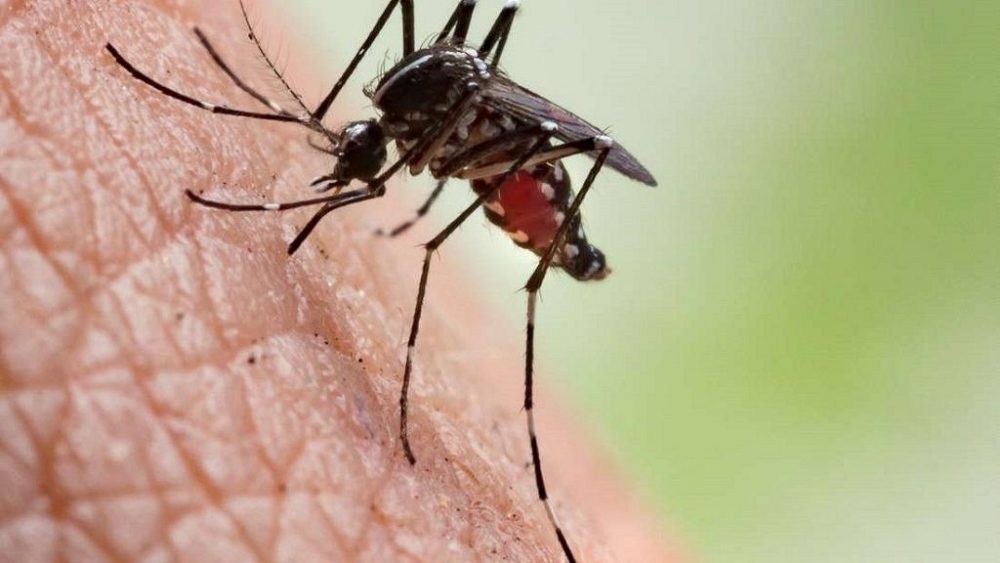Surge in malaria deaths in Zimbabwe cause for concern
INDICATIONS that Zimbabwe is registering a surge in malaria cases and deaths at a time when the country’s health delivery system is battling the COVID-19 pandemic are cause for concern

According to statistics from the Health and Child Care ministry’s malaria control programme, there were 393 malaria deaths in November 2020, up from 257 the previous year and 183 in 2018.
That malaria deaths at one time surpassed the number of people who succumbed to COVID-19, which stood at 281 deaths as of December 5 2020, highlights the devastating impact of a shift of focus from malaria to COVID-19.
Malaria cases increased by 58% from 242 951 cases in 2019 to 384 956 in 2020, according to the ministry. These statistics are chilling considering that in April this year, the disease claimed 18 lives inside one week across the three provinces most prone to the disease — Mashonaland Central, East and West.
Understandably, the COVID-19 pandemic, which claimed its first fatality in the country in March last year, has been the major focus of government.
The efforts by the government to curb the spread of the pandemic, which has claimed more than 1 500 lives nationally amid various challenges, should be commended.
However, to focus on the COVID-19 scourge at the expense of surveillance on malaria cases and deaths, which are rising exponentially, is a futile exercise and the results are there for all to see.
Of major concern is the red flag raised by experts that as the country enters the malaria season, cases and deaths are likely to further increase as authorities’ attention is focused elsewhere.
The trajectory shows a reversal in the gains the country had made towards the elimination of malaria. Government should intensify its efforts to fight the malaria scourge.
A good starting point would be for Finance minister Mthuli Ncube to allocate 15% of the country’s budget to the health sector in accordance with the Abuja declaration.
In April 2001, African Union countries met in Abuja, Nigeria and pledged to allocate at least 15% of their annual budgets to improve the health sector and urged donor countries to scale up support.
It’s a pity that our government has consistently failed to fund the health sector in line with the Abuja Declaration.
It would also be advisable for Ncube to allocate a significant part of the $ 9,89 billion surplus he said the government recorded in the first quarter of this year to fight malaria.

